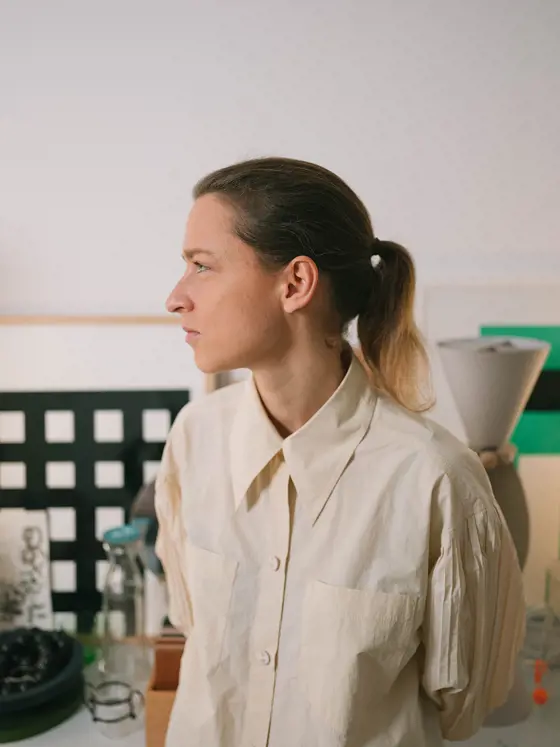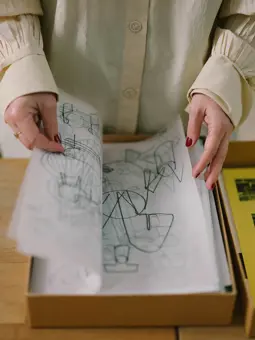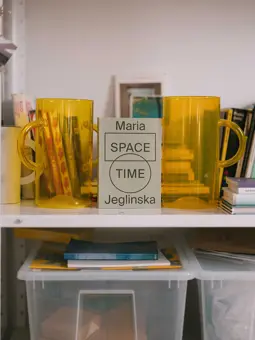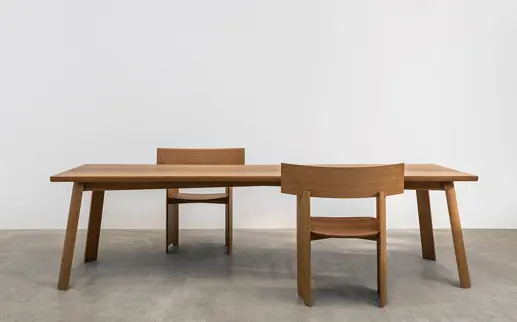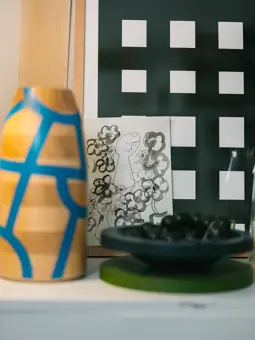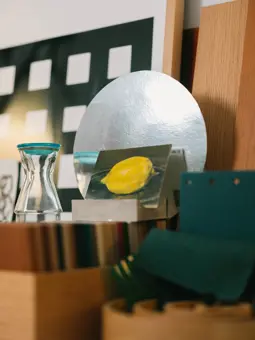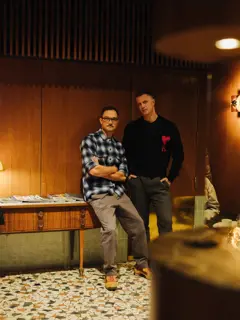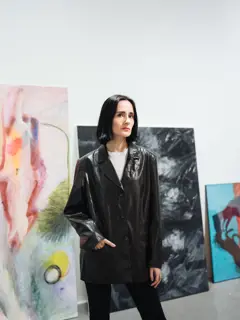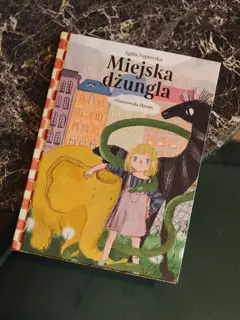What objects from your childhood do you remember?
The strongest memories I have are of cardboard boxes because we moved around a lot (laughter). As a child, I loved to rearrange my room and move things around. But it is difficult to think of a particular object that shaped my view of applied arts.
You were born in Switzerland, studied in France and Switzerland, worked in London and now you live in Poland. What place do you consider home?
All of those places are close to my heart, and everywhere the most important thing was the people. London had a huge impact on me, it has this incredible energy that I like. I love the mix between tradition and contemporaneity – London marries the two together very well. But I like living in Warsaw, it’s a growing metropolis. A lot is changing and going on all the time. It’s interesting to witness all of it.
How do you like to relax?
I like all sorts of cultural activities and regret that there are not enough of them in Warsaw. Other than that, nothing too spectacular. Spending time with friends, going on walks, and going on weekend trips to recharge. Even work trips are enjoyable, even though I am technically not resting in the process. But they give me more headspace and I come back with more energy.
Do you think that there are certain objects missing, not yet addressed by industrial design or applied arts?
Many of us ask ourselves this question. I would rather highlight the fact that we are more and more capable of making truly responsible objects, especially in terms of using intelligent materials. But as years go by, new needs arise and the idea of comfort begins to change. Two hundred years ago, the furniture looked very different, objects like that evolve and are in a continuous dialogue with social norms and needs. As designers, we study those bits of information and then transform them into the final product. I want to be a conscious designer, using durable materials, which won’t create additional waste in the production process. That’s another thing that has changed over the years. The awareness of consumers has also changed, even though it is a pity that we are slowly losing the ability to make things by hand. This trend is reflected in the education process, manual work is becoming devalued, which I deeply regret.
Do you think that industrialization will dominate manual work?
At certain stages, maybe, but there are still many things that machines cannot do. A machine will not upholster the chair to the same standard as an artisan would. Hand-sewn upholstery cannot be matched. When entering a new space, I notice that there are still so many objects made by hand, and that reassures me that mechanization will never fully dominate.
Are there any dream commissions you have? Designing a certain object, or collaborating with a brand?
Everything is still ahead of me! Most projects are inspired by people and that’s what makes them the most valuable. It is often precisely this human factor that can make a commission a dream one. Approachability, dialogue, mutual trust, and a shared goal – are the qualities I value. There are many things I would like to do, both when it comes to using particular materials and in terms of the broader cultural climate. I often work with museums and other cultural institutions and can see how much it influences my own development.
One of my dream commissions is making a bottle, an old school one, similar to those I remember from childhood, perhaps one for Orangina, a fizzy orange drink, which glass bottle had the texture of orange skin, or a Campari bottle reminiscent of the designs of futurist Fortunato Deper, which is produced to this day. I like long-term partnerships with brands, in which we can really understand each other and build a relationship. Knowing the context and the people, it is way easier to come up with ideas. Many well-established European designers follow this path and only work with a small number of companies. I think that is the best possible approach, the human connection is crucial.
Interview by Paulina Masłowska
Photography by Piotr Czyż

